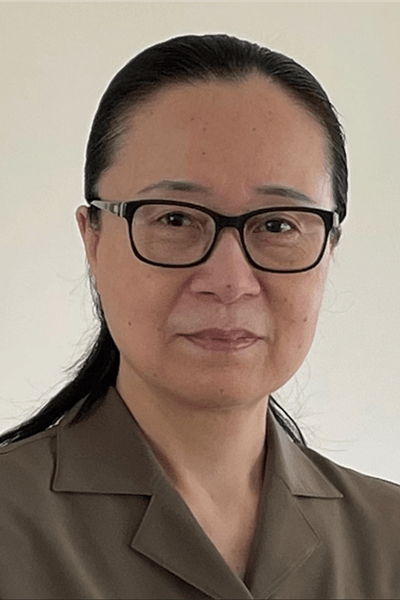
Xiaoling Zhong, MD, PhD
Associate Research Professor of Surgery
- Phone
- (317) 278-8030
- Address
-
980 W. Walnut St., IU Simon Comprehensive Cancer Center
R3-C540
Indianapolis, IN - PubMed:
-

Bio
Dr. Zhong currently serves as Associate Research Professor. Dr. Zhong received her MD and MS degrees from Zunyi Medical University in Zunyi, China and PhD degree from Toho University in Tokyo, Japan.
Dr. Zhong’s recent research focus is on understanding how pancreatic cancer, through secretion of factors interacting with the tumor microenvironment and the host organs, induces cachexia, a systemic metabolic syndrome involving characteristic muscle wasting. Because cachexia significantly contributes to cancer treatment failure and cancer deaths, it is her goal to identify the mechanism-based therapeutic targets that can be manipulated to overcome the obstacle to cancer eradication in human patients with cancer. She has served as co-author or corresponding author for 38 peer reviewed publications.
Dr. Zhong is a member of the American Association for Cancer Research and Cancer Cachexia Society.
| Year | Degree | Institution |
|---|---|---|
| 2001 | PhD | Toho University |
| 1991 | MS | Zunyi Medical College |
| 1983 | MD | Zunyi Medical College |
Pancreatic ductal adenocarcinoma (PDAC) is an aggressive malignancy with the lowest 5-year survival rate relative to all other solid tumour types that is projected to become the second leading cause of US cancer-related deaths by 2030. The lethality is partly due to the high penetrance and severity of cachexia.
Dr. Zhong’s most recent work using the genetically engineered KPC mouse model of PDAC demonstrate that cachexia onset/severity and alterations in transcriptome/proteome as well as anti-cachectic Activin therapeutic effects are sex dependent. Sex difference in muscle wasting is also observed in PDAC patients treated with chemotherapy at Indiana University. It is understandable that sex differences exist in diseases including cancer and cancer cachexia because men and women are biologically different, rendering them susceptible to pathological conditions or response to therapies differently. However, research using both sexes is still not routinely considered, with males being predominantly used. Thus, Dr. Zhong’s work highlights the necessity of using both sexes in order to develop sex-specific tailored therapeutics.
In addition to the genetic model, Dr. Zhong has used the orthotopic tumor models to evaluate anti-chexia and/or anti-cancer therapeutic effects. Dr. Zhong’s future research interests will be in testing agents targeting sex-specific or sex-common key molecular alterations identified in her own studies as well as in published work by others.
Google Scholar